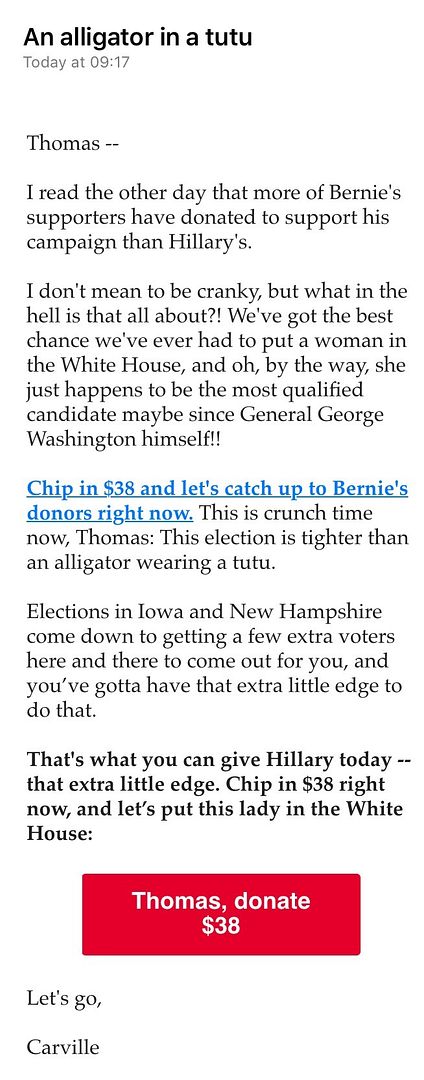When it came time for Goldman CEO Lloyd Blankfein to testify, the banker hedged and stammered like a brain-addled boxer who couldn't quite follow the questions. When Levin asked how Blankfein felt about the fact that Goldman collected $13 billion from U.S. taxpayers through the AIG bailout, the CEO deflected over and over, insisting that Goldman would somehow have made that money anyway through its private insurance policies on AIG. When Levin pressed Blankfein, pointing out that he hadn't answered the question, Blankfein simply peered at Levin like he didn't understand.
But Blankfein also testified unequivocally to the following:
"Much has been said about the supposedly massive short Goldman Sachs had on the U.S. housing market. The fact is, we were not consistently or significantly net-short the market in residential mortgage-related products in 2007 and 2008. We didn't have a massive short against the housing market, and we certainly did not bet against our clients."
Levin couldn't believe what he was hearing. "Heck, yes, I was offended," he says. "Goldman's CEO claimed the firm 'didn't have a massive short,' when the opposite was true." First of all, in Goldman's own internal memoranda, the bank calls its giant, $13 billion bet against mortgages "the big short." Second, by the time Sparks and Co. were unloading the Timberwolves of the world on their "unicorns" and "flying pigs" in the summer of 2007, Goldman's mortgage department accounted for 54 percent of the bank's risk. That means more than half of all the bank's risk was wrapped up in its bet against the mortgage market a "massive short" by any definition. Indeed, the bank was betting so much money on mortgages that its executives had become comically blasé about giant swings on a daily basis. When Goldman lost more than $100 million on August 8th, 2007, Montag circulated this e-mail: "So who lost the hundy?"
This month, after releasing his report, Levin sent all of this material to the Justice Department. His conclusion was simple. "In my judgment," he declared, "Goldman clearly misled their clients, and they misled the Congress." Goldman, unsurprisingly, disagreed: "Our testimony was truthful and accurate, and that applies to all of our testimony," said spokesman Michael DuVally. In a statement to Rolling Stone, Goldman insists that its behavior throughout the period covered in the Levin report was consistent with responsible business practice, and that its machinations in the mortgage market were simply an attempt to manage risk.

